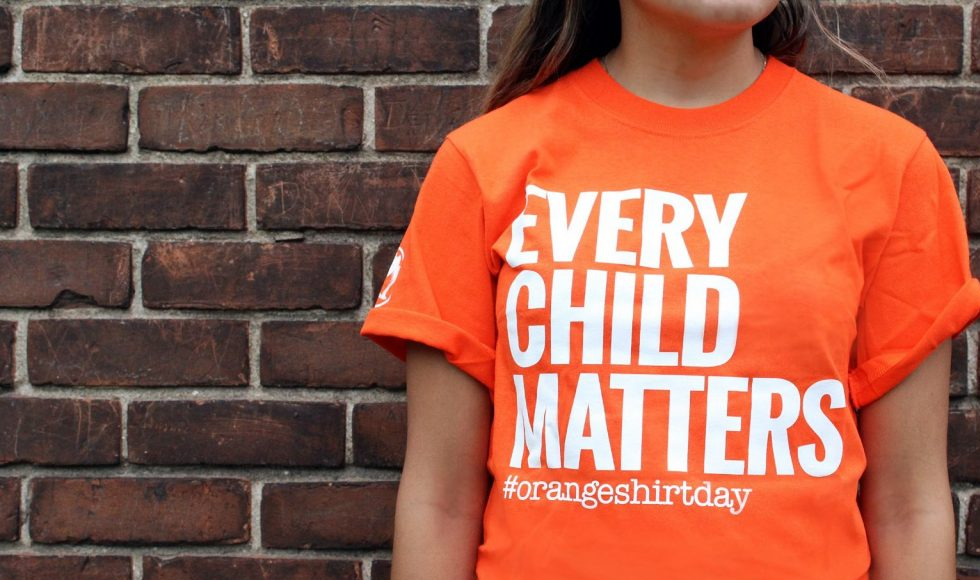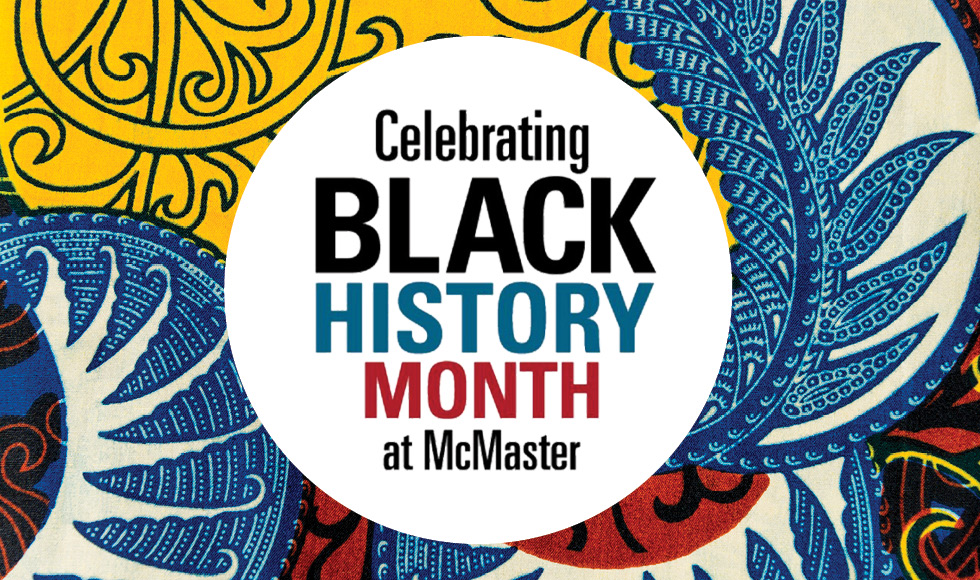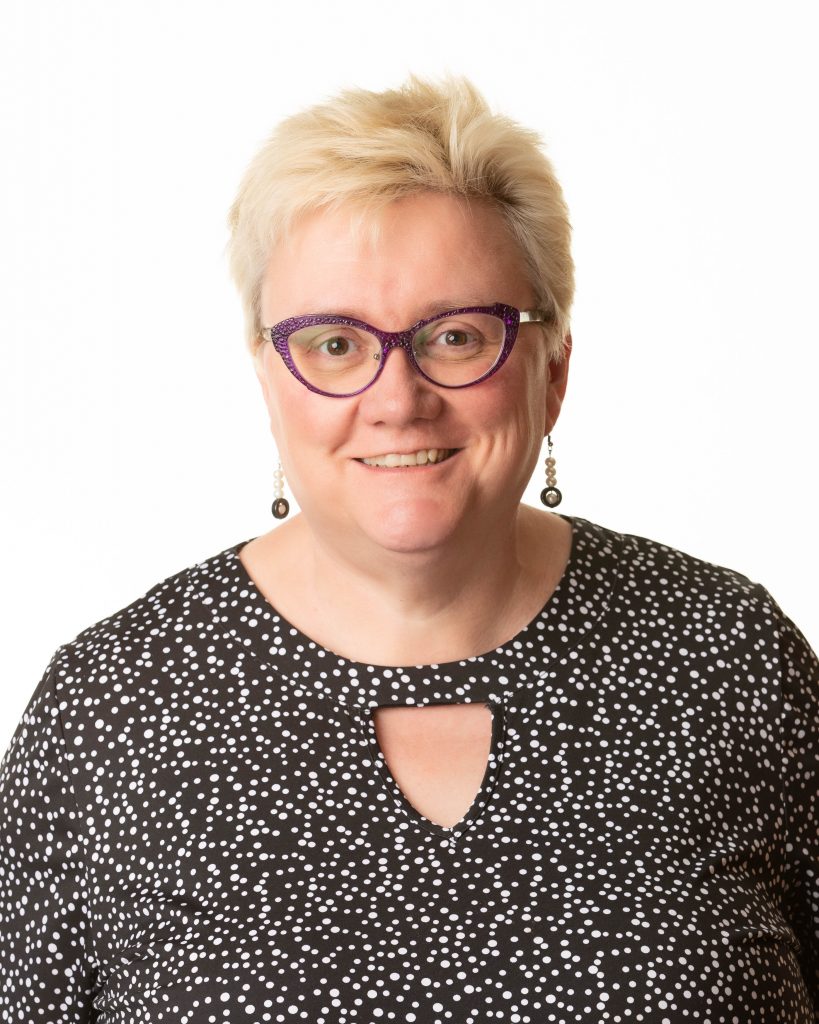Every Child Matters — Chair’s Corner June 1, 2021

“As young as three years old”. That is what has been sticking with me all weekend. Three-year-old’s die from illness, tragic accidents, cancer, and other causes. Hopefully, none die scared, lonely, hungry, and not experiencing love. We can imagine that the child who died in Kamloops at age 3 was loved by his or her parents but almost undoubtedly did not experience love in the last hours, days and possibly months of their short life. Neither did the other 214 individuals who died, nor did those who survived. No love from the system, no love from those in whose care they were entrusted, no love from government authorities, not even from the religious bodies who preach about love.
Compassion, caring and human kindness. This is also what Joyce Echaquan should have experienced but did not. Are all of us culpable? At the very least, we have a sacred duty to remember, to learn, to honour. We honour and remember our fallen soldiers; we will honour and remember the residential school survivors along with those who did not survive.
Many of us have been to the Woodlands Cultural Centre on Six Nations of the Grand River with the Indigenous Teaching Through Art [ITTA] program. We have seen and heard the stories. What do we need to learn from these 215 children and countless others who died senselessly in residential schools? How do we honour their memories, and so many others affected by the Sixties Scoop and continuing racism in our health and social systems? It is up to each one of us as individuals to ask ourselves what we are doing to respond to the recommendations (no, the demands) of the Truth and Reconciliation Commission. It is up to us, as a department, to continue our journey, in our own canoe, alongside Indigenous colleagues from both within and outside the department. As embodied in the Two-Row Wampum, the Chain of Friendship connects us, enabling us to help each other when needed and called upon along the way.
It is by continuing in our shared journey that we honour that 3-year-old and the other 214 children. Our department has set aside a $1 million endowment to support Indigenous-led initiatives focused on Indigenous health and our long-term commitment to truth and reconciliation. My goal has always been for our department to be a compassionate and caring one — for all people. We have made strides in the right direction, but this recent news reminds us how much longer our journey has to be. I know that the First Nations community across this country is reeling and terrified of what is going to be found, long buried [but not forgotten by Indigenous peoples], at other residential schools. We cannot change the past, but we can learn from it, and we must do better than we are now. There is a straight line from that three-year-old to Joyce Echaquan. It’s time to break the chain.
David Price
Chair, Department of Family Medicine


